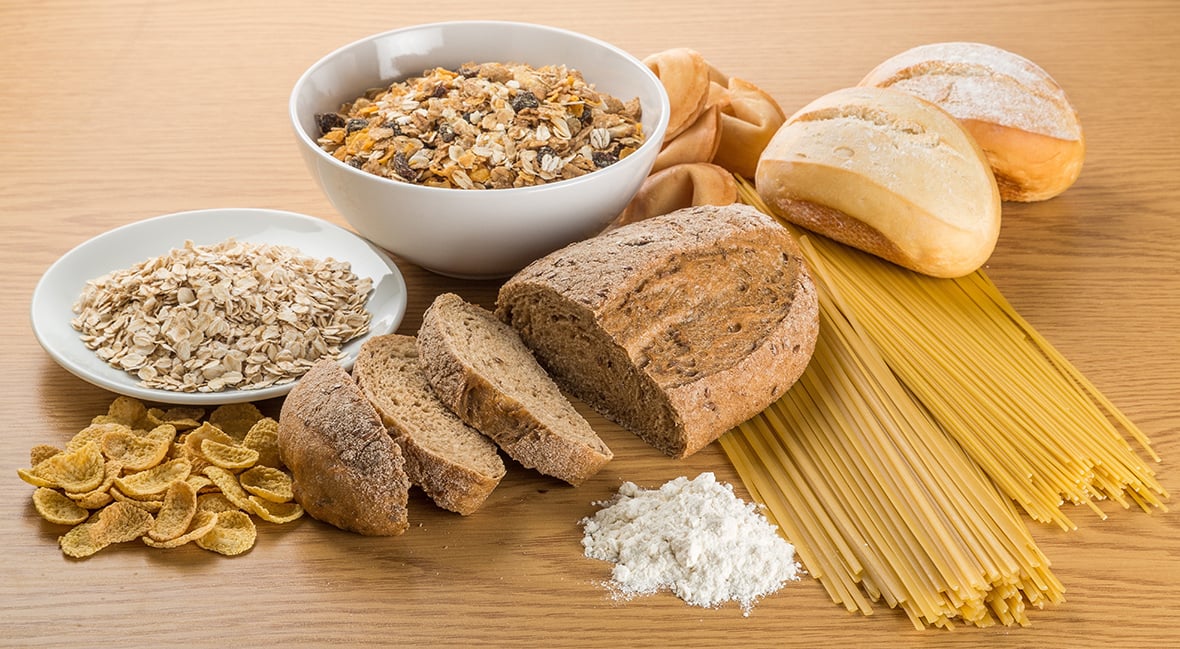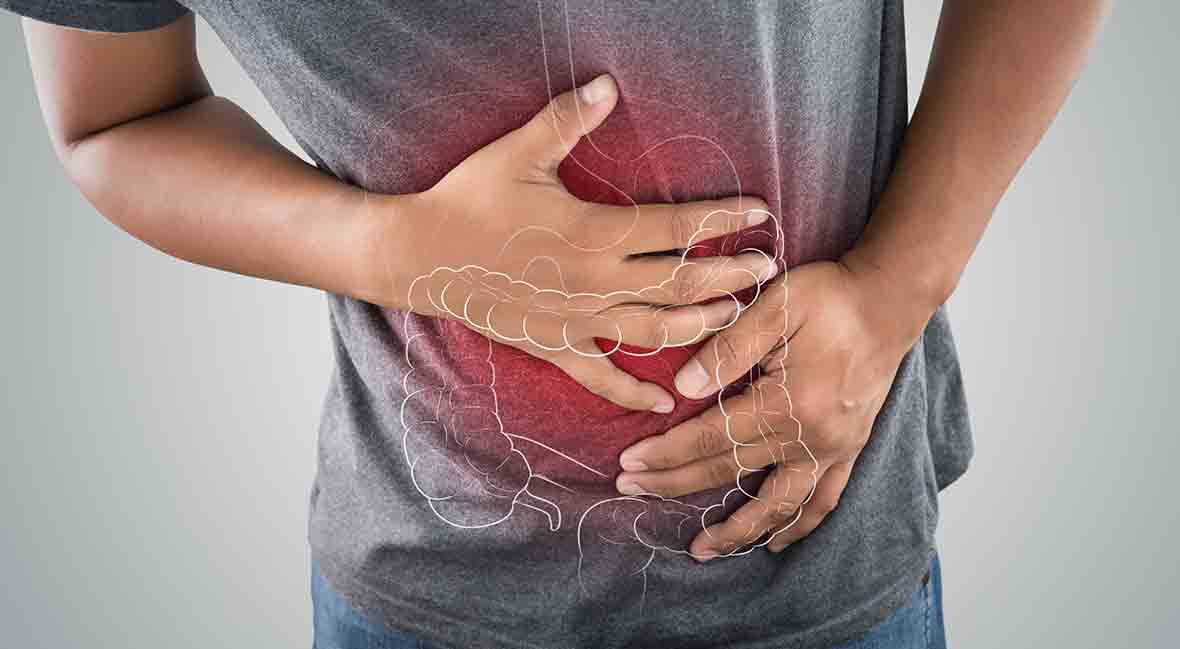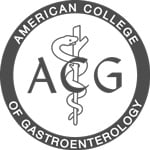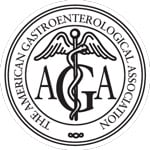Latest Articles by Gastroenterology Associates
Eating With Celiac Disease
People with celiac disease must maintain diets completely devoid of gluten to avoid aggravating symptoms that damage the bowel. A diagnosis may seem severely limiting, with an endless sea of "no"—no bread, no pasta, no beer—but with some nutritional guidance, celiac patients can enjoy delicious meals with the same confidence the unafflicted may take for granted.
Read Now
Ulcerative Colitis 101
Ulcerative colitis (UC) is one of two common forms of inflammatory bowel disease (IBD). The other is Crohn's disease. Both are chronic conditions—there is no cure for IBD—with some important differences. While Crohn's may affect any portion of the gastroinstestinal tract, for example, ulcerative colitis tends to only impact the innermost lining of the colon (large intestine) and rectum.
Read Now
What Are the Symptoms of Crohn's Disease?
Crohn's disease is a chronic inflammatory gastrointestinal condition, and one of the two most common forms of Inflammatory Bowel Disease, or IBD. The other is ulcerative colitis. First described by Dr. Burrill B. Crohn in 1932, Crohn’s disease can affect any part of the digestive tract, from the mouth to the anus, whereas ulcerative colitis strictly impacts the colon.
Read Now
Do You Have IBS? (Quiz)
Irritable Bowel Syndrome (IBS) is a functional gastrointestinal disorder (FGID) associated with varying triggers, including stress, depression, anxiety, or previous intestinal infection. Approximately 10% of people suffer from IBS, making it the most common FGID.
Read Now
7 Proactive Steps Toward a Safer Colon
Your colon is an integral part of your digestive system. This year, an estimated 97,220 people in the United States will be diagnosed with colon cancer, also known as colorectal cancer.
Read Now
Long Island Center for Digestive Health Wins APEX Quality Award
We’re Honored!
Long Island Center for Digestive Health (LICDH) proudly announces we have been named the recipient of the 2017 APEX Quality Award, for the fourth consecutive year.
Read Now
Understanding Gallbladder Pain
The pain associated with gallstones (cholelithiasis) and gallbladder inflammation (cholecystitis) can be excruciating. Consequently, learning how to properly identify and remedy such attacks is mission critical.
The following breaks down the fundamental facts about the gallbladder and this common condition affecting approximately 10 to 15 percent of the U.S. adult population—with about 1 million cases presenting annually—including preventative measures and treatment options.
Read Now
Start Spreading the News: It's Colorectal Cancer Awareness Month
March is National Colorectal Cancer Awareness Month! That means it’s the perfect time for healthcare providers and their patients to join forces in continuing to spread awareness about the disease itself, as well as about screening, prevention, and treatment.
Read Now
Stay Connected: Subscribe to our blog
By subscribing, you’ll receive notifications regarding health and wellness, your diet, and more
















